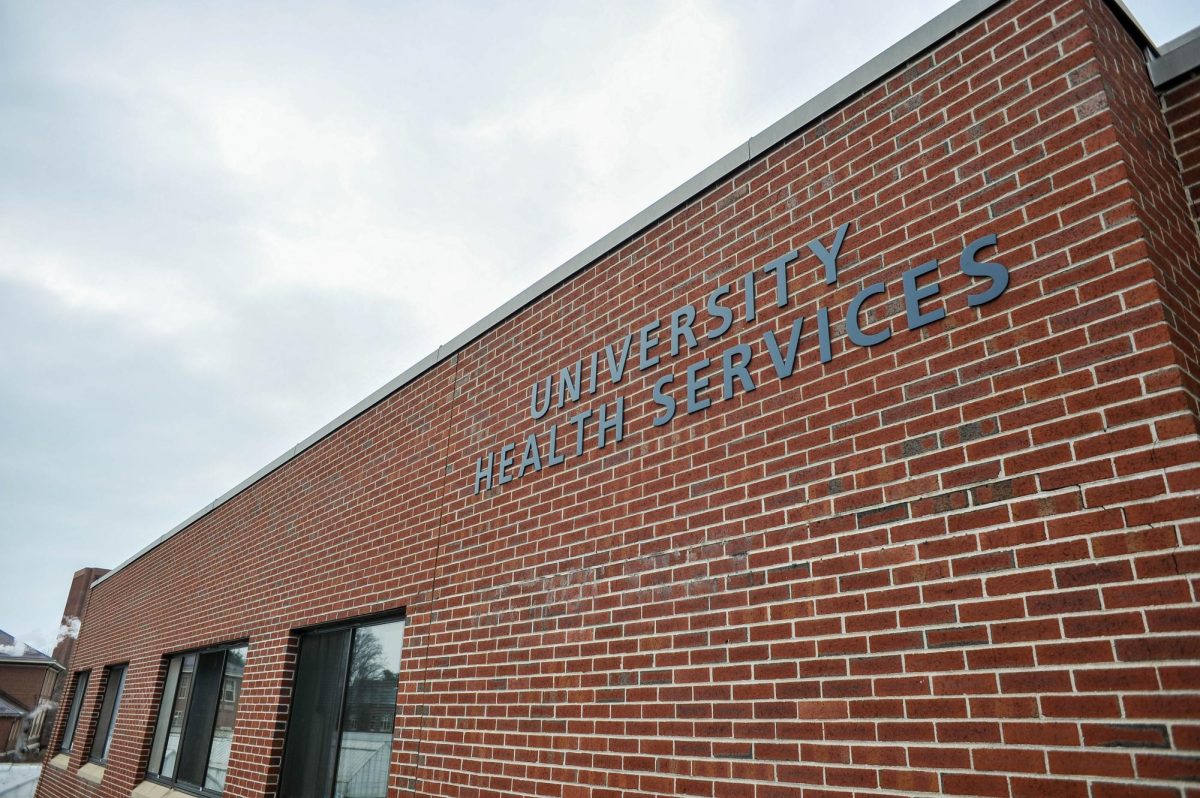Dear Editor,
Respect is an important quality I feel many students are lacking today. I am often ashamed of the damage done to both ourselves and the Amherst community by University of Massachusetts students: fires, theft, public nuisance [and] drug proliferation. The fact that we have access to such a luxury as this school’s level of education should be reason enough to act like adults and not spend our nights in drunken stagnancy. We are privileged, and I feel in many ways my fellow students and I don’t truly recognize that.
Despite all this, passive threats and over reactive policies are not effective solutions. Should the University’s police really be so intensely militarized against current students, based on the destructive actions of others long gone? Should the town’s response to what is usually just noise and littering be, as as Stephanie O’Keeffe notes in her letter to the editor, permanently damaging the future careers of students? Especially in our current economic climate, a strong start is necessary to develop a secure career, and with employer research tactics even a public record of arrest could ruin someone’s entire life.
According to town records, the population of Amherst has expanded concurrently with the University’s growth, most likely because of it. I know from my own family’s history that the school’s rowdiness, while certainly questionable, grew with it. If my parents lived in town and complained about the noise, I would absolutely be sympathetic. But I also understand that moving close to a giant university may inherently include clashes with student life. On an aside, I will admit I don’t know why families moved near UMass, and I’m sure there are numerous reasonable causes.
Amherst relies on its student population. We are destructive, and it’s embarrassing, but we are also passing through a sensitive time in our lives. I don’t know what Ms. O’Keeffe believes is the best way to handle students, but I argue for constructive change, education, and understanding. Despite our sometimes spoiled selves we are in the situation we were given. The whole community needs to find different means of addressing and changing that. Also, if I may add, please don’t belittle us by evoking our parents.
Joseph Needleman











